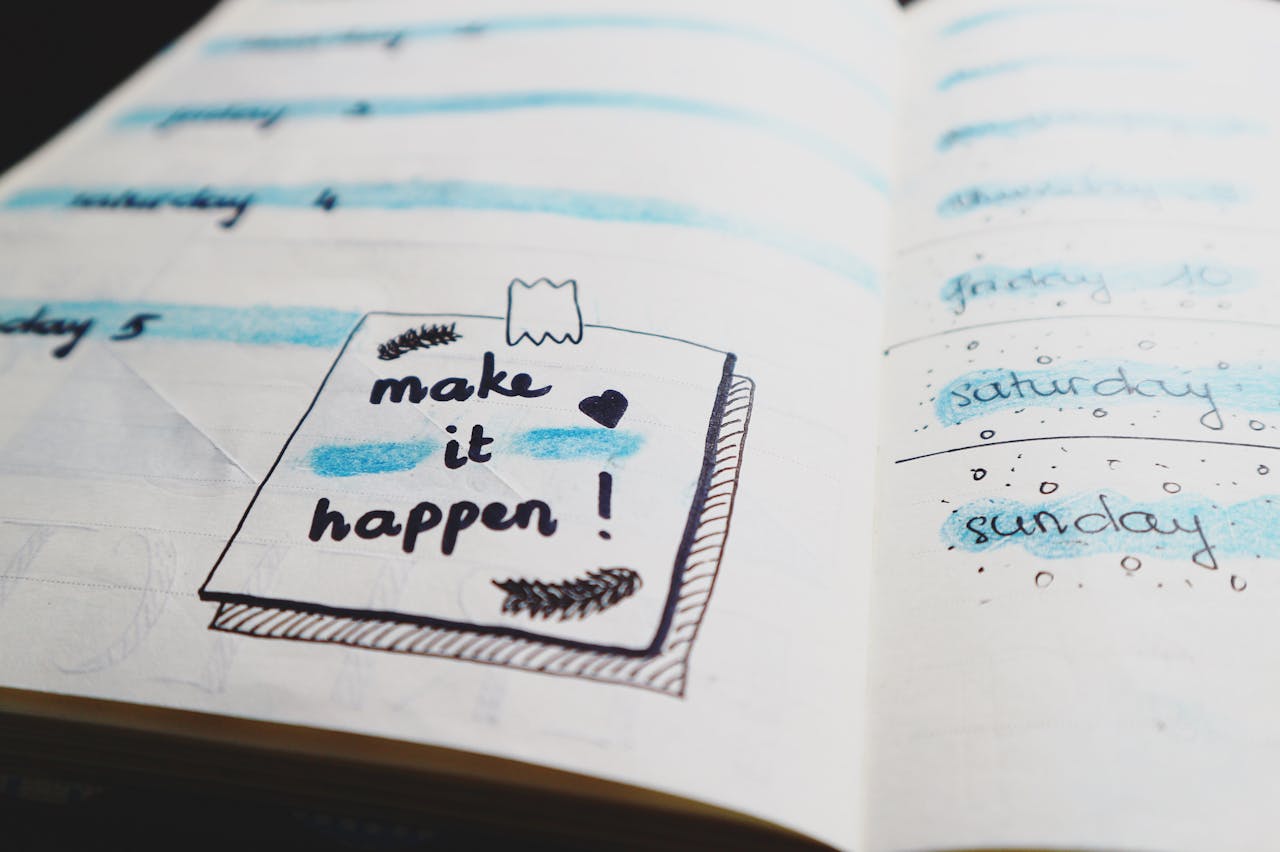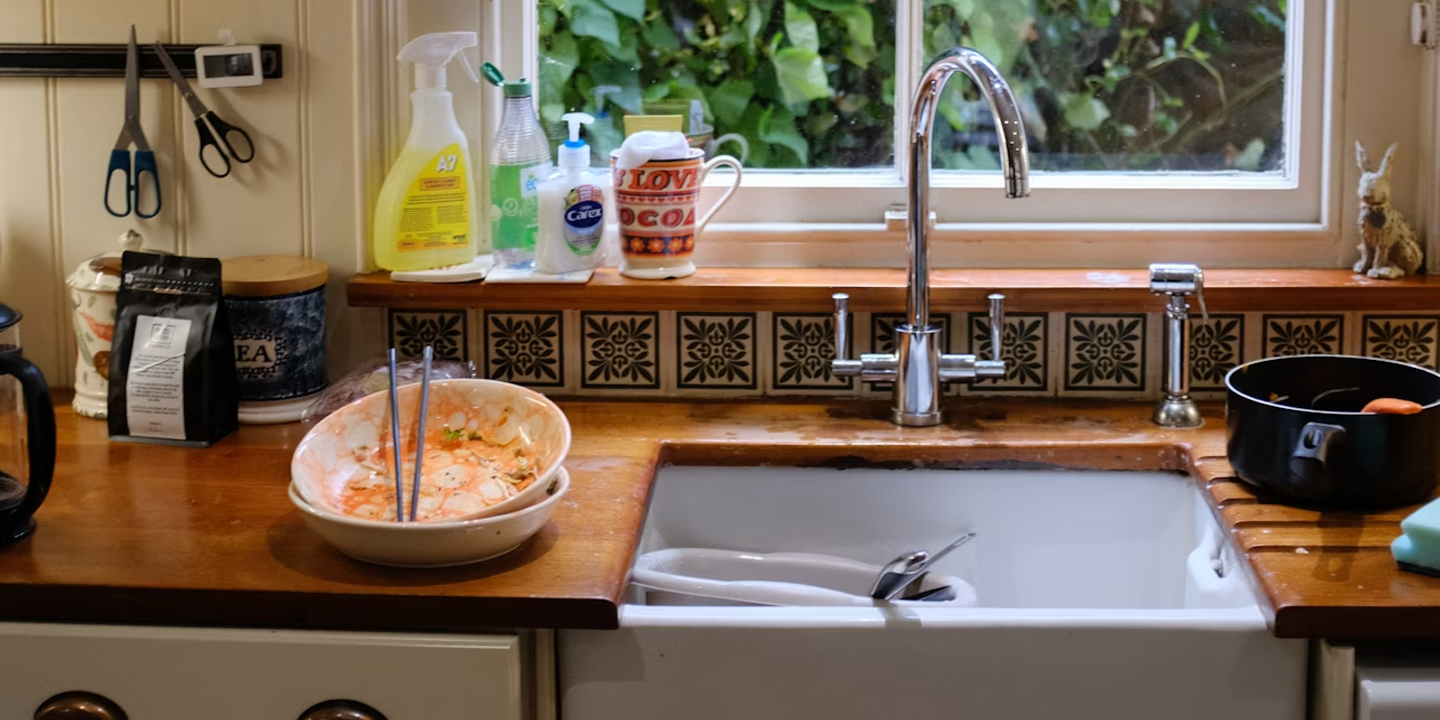Beat Seasonal Depression: 20 Natural Ways to Boost Your Mental Health
Strategies For Staving Off The Blues
As the sunny, carefree days of summer diminish into the cooler seasons and we spend more time isolated indoors, many of us experience increased depression and anxiety symptoms. We might feel gloomy and lack motivation, and energy. Luckily, there are plenty of simple strategies to help keep you thriving even through the bleakest of days.
 Photo by Daniel Reche on Pexels
Photo by Daniel Reche on Pexels
1. Practice Gratitude
Practicing gratitude can be anything from writing thank you messages to people or mentally listing things you’re grateful for. These simple actions have been shown to immediately increase happiness by 10 percent and decrease depression symptoms by 35 percent.
 Photo by Řaj Vaishnaw on Pexels
Photo by Řaj Vaishnaw on Pexels
2. Prioritize Connection
Spending quality face-to-face time with people you love can have an amazing effect on mental health. Not only does it lower anxiety and depression, but it boosts self-esteem, and empathy, and even promotes cognition.
 Photo by Helena Lopes on Pexels
Photo by Helena Lopes on Pexels
3. Practice Deep Breathing Exercises
Deep breathing involves taking slow, deep, and even breaths. It reduces stress levels by calming the nervous system, lowering blood pressure, and heart rate.
 Photo by Kelvin Valerio on Pexels
Photo by Kelvin Valerio on Pexels
4. Limit Sugar
Sugar may taste good but it causes glucose spikes and crashes leading to mood swings. Limiting or cutting out sugar entirely can have a dramatic effect on your mental state.
 Photo by Leeloo The First on Pexels
Photo by Leeloo The First on Pexels
5. Meditate
Meditation instills inner peace that helps you cope with stressful situations, improves mental clarity, and even alleviates symptoms of certain medical conditions like IBS. These benefits transend your meditation session–they'll continue throughout your whole day.
 Photo by cottonbro studio on Pexels
Photo by cottonbro studio on Pexels
6. Go Outside
Being in nature immediately calms us because it gives us a break from the sensory overload of urban settings. It also makes us happier as exposure to natural light increases serotonin-producing vitamin D.
 Photo by Baurzhan Kadylzhanov on Pexels
Photo by Baurzhan Kadylzhanov on Pexels
7. Take Up A Creative Hobby
Doing any kind of hobby is good for your mental health because it distracts you from negative thoughts. Creative hobbies are even better because they’ve been shown to expand your brain’s neural connections, releasing the happiness chemical dopamine.
 Photo by Andrea Piacquadio on Pexels
Photo by Andrea Piacquadio on Pexels
8. Give To Others
Whether it’s giving a present to someone you love or volunteering your time to those in need, acts of kindness create positive feelings, self-worth, and connection. Just be aware that kindness is contagious so don’t be surprised if your family and friends start joining in.
 Photo by Liza Summer on Pexels
Photo by Liza Summer on Pexels
9. Facetime Loved Ones
Don’t let distance or being busy get in the way of connecting with your loved ones. Get in the habit of making video calls even if it’s just ten minutes on the way to the grocery store. We guarantee that person will be thrilled to hear from you, even if it’s just a short call.
 Photo by RDNE Stock project on Pexels
Photo by RDNE Stock project on Pexels
10. Set Goals
Set yourself achievable goals to give yourself clarity and purpose in your life. When you achieve goals, even if they’re small ones, you’ll increase your confidence and self-esteem.
11. Exercise Regularly
Regular exercise is not only good for your physical health but your mental health too. It releases endorphins that make you happy and help you feel more energized. If you don’t feel you have time to exercise, try taking workout snacks–three to five-minute breaks sprinkled throughout the day that get your blood pumping and body moving.
 Photo by Andrea Piacquadio on Pexels
Photo by Andrea Piacquadio on Pexels
12. Try Talk Therapy
Talking to an objective professional not only releases built-up tension but also presents solutions and brings new insights. Therapists are experts on how the mind works so they can help you navigate your feelings.
 Photo by cottonbro studio on Pexels
Photo by cottonbro studio on Pexels
13. Practice Mindfulness
We’re all guilty of running on autopilot sometimes, but taking mindful pauses, going about our actions deliberately, and setting intentions increase our self-awareness and have a positive impact on our mental health. The benefits of mindfulness go beyond reducing stress and depression, it also helps with addiction, heart disease, and chronic pain.
 Photo by Muhamad Lutfi on Pexels
Photo by Muhamad Lutfi on Pexels
14. Try Bright Light Therapy
Bright light therapy uses a powerful lightbox that mimics natural light to restore circadian rhythm, boost vitamin D and happiness chemicals, and reduce depression. It’s used especially in northern climates that experience reduced daylight hours in winter; however, it’s also shown promise as a treatment for non-seasonal depression.
15. Prioritize Leisure Time
It’s easy to get caught up in the busyness of life, but remember to prioritize down time. Taking time to relax, contemplate, and pay attention to the small positive moments throughout your day is crucial to your mental well-being.
 Photo by Andrea Piacquadio on Pexels
Photo by Andrea Piacquadio on Pexels
16. Find A Meaning and Purpose
This changes from person to person but can be anything that makes you feel whole. For some people it’s spending quality time with loved ones, for others it’s volunteering or finding ways to take care of people.
 Photo by Elissa Garcia on Unsplash
Photo by Elissa Garcia on Unsplash
17. Prioritize Sleep
Make sure you’re getting an adequate amount of sleep–for most people this is seven to nine hours a night. Sleep deprivation has been shown to exacerbate depression and anxiety, and worsen decision-making, emotional, and behavioral control.
 Photo by Kate Stone Matheson on Unsplash
Photo by Kate Stone Matheson on Unsplash
18. Laugh and Smile More
Even if it’s not that funny or you’re not feeling that happy, the muscle motion involved in smiling or laughing is enough to stimulate good hormones and release stress. Plus, it makes you more approachable, encouraging positive connections.
 Photo by tabitha turner on Unsplash
Photo by tabitha turner on Unsplash
19. Limit Alcohol
At the moment of drinking, alcohol can make you feel as though you’re releasing tension, having fun, and experiencing happiness. In the long run, though, it’s actually intensifying negative thoughts and feelings so go easy.
 Photo by Terricks Noah on Unsplash
Photo by Terricks Noah on Unsplash
20. Set Boundaries
Are you guilty of saying “yes” to everything and ending up in situations you don’t really want to be in? Many of us are. Learning to say “no” sometimes is important for your mental health because you won’t spend your energy on people or things that make you feel less than optimal.










